Artificial Intelligence (AI) is revolutionizing education while making learning more available however also triggering disputes on its effect.
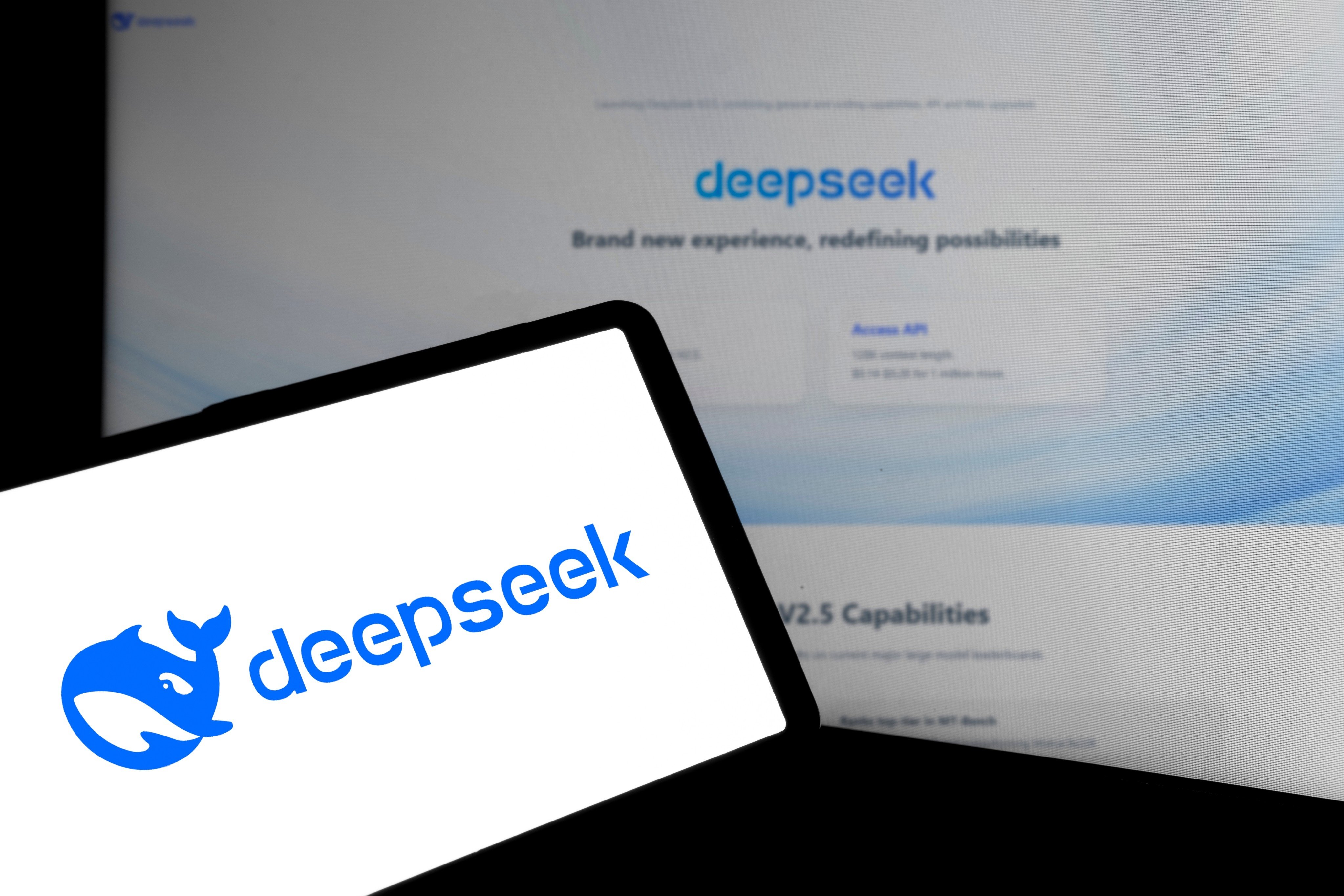
While trainees hail AI tools like ChatGPT for enhancing their knowing experience, lecturers are raising issues about the growing dependence on AI, which they argue fosters laziness and weakens academic stability, particularly with many trainees not able to protect their assignments or offered works.
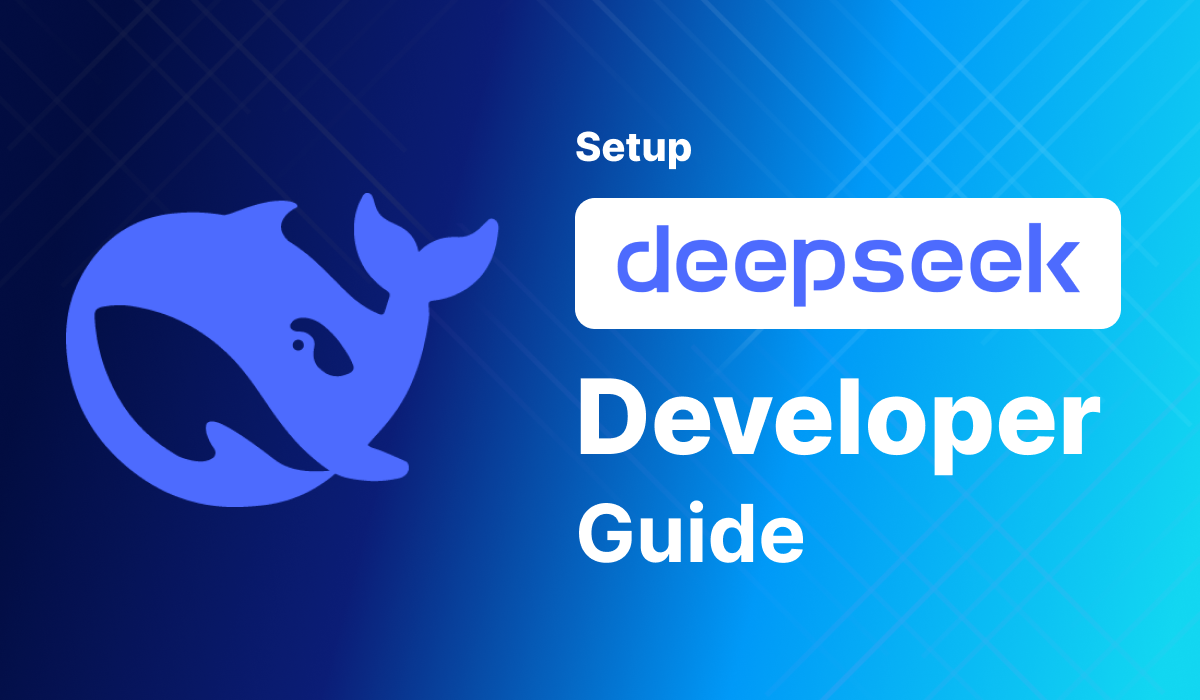
Prof. Isaac Nwaogwugwu, a lecturer at the University of Lagos, in an interview with Nairametrics, revealed disappointment over the growing reliance on AI-generated reactions among students stating a current experience he had.
RelatedStories
Avoid sharing personal info that can identify you with AI tools- Expert warns
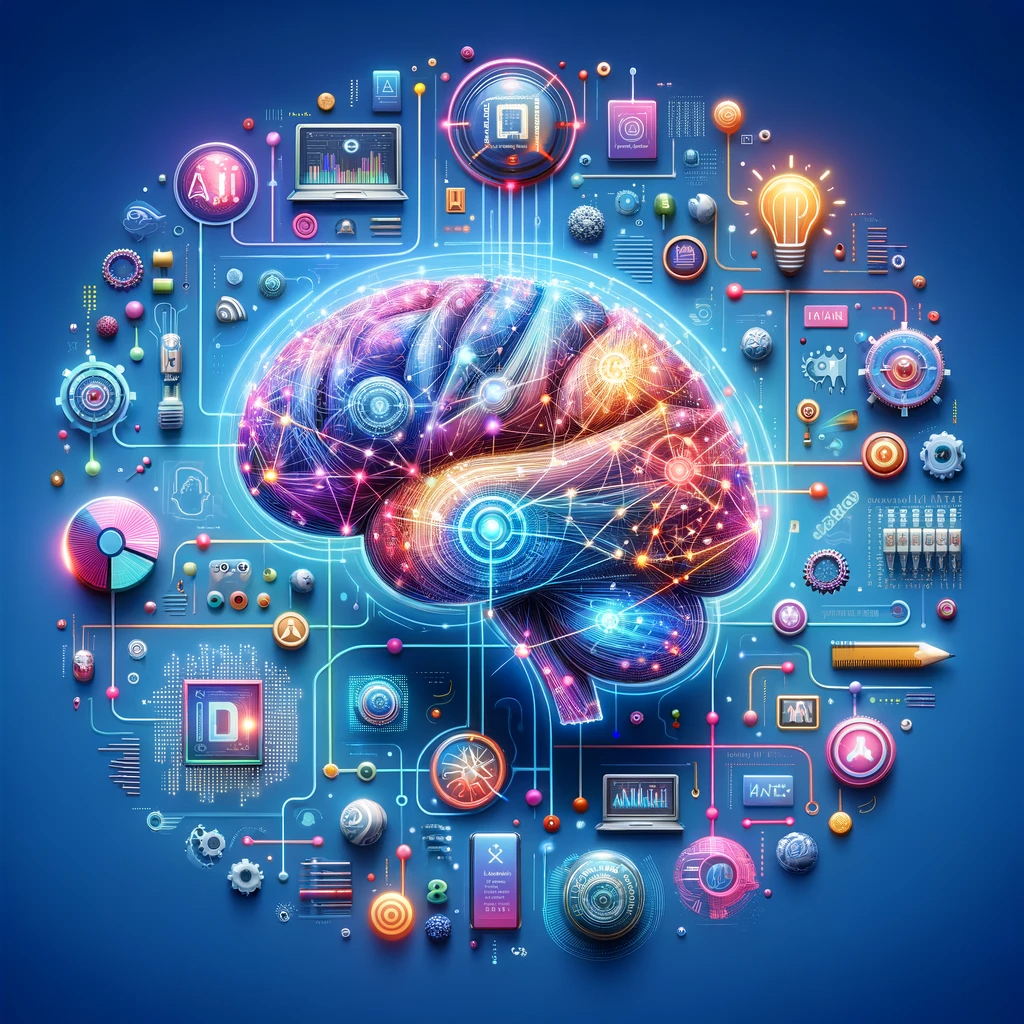
Chinese AI app DeepSeek triggers international tech selloff, difficulties U.S. AI supremacy
"I gave a task to my MBA students, and out of over 100 students, about 40% sent the specific same answers. These students did not even know each other, but they all used the same AI tool to produce their reactions," he stated.
He noted that this pattern prevails among both undergraduate and postgraduate students but is particularly worrying in part-time and range knowing programs.
"AI is a severe difficulty when it concerns assignments. Many students no longer believe critically-they simply go online, create responses, and submit," he included.
Surprisingly, some speakers are also accused of over-relying on AI, setting a cycle where both educators and students turn to AI for convenience instead of intellectual rigor.
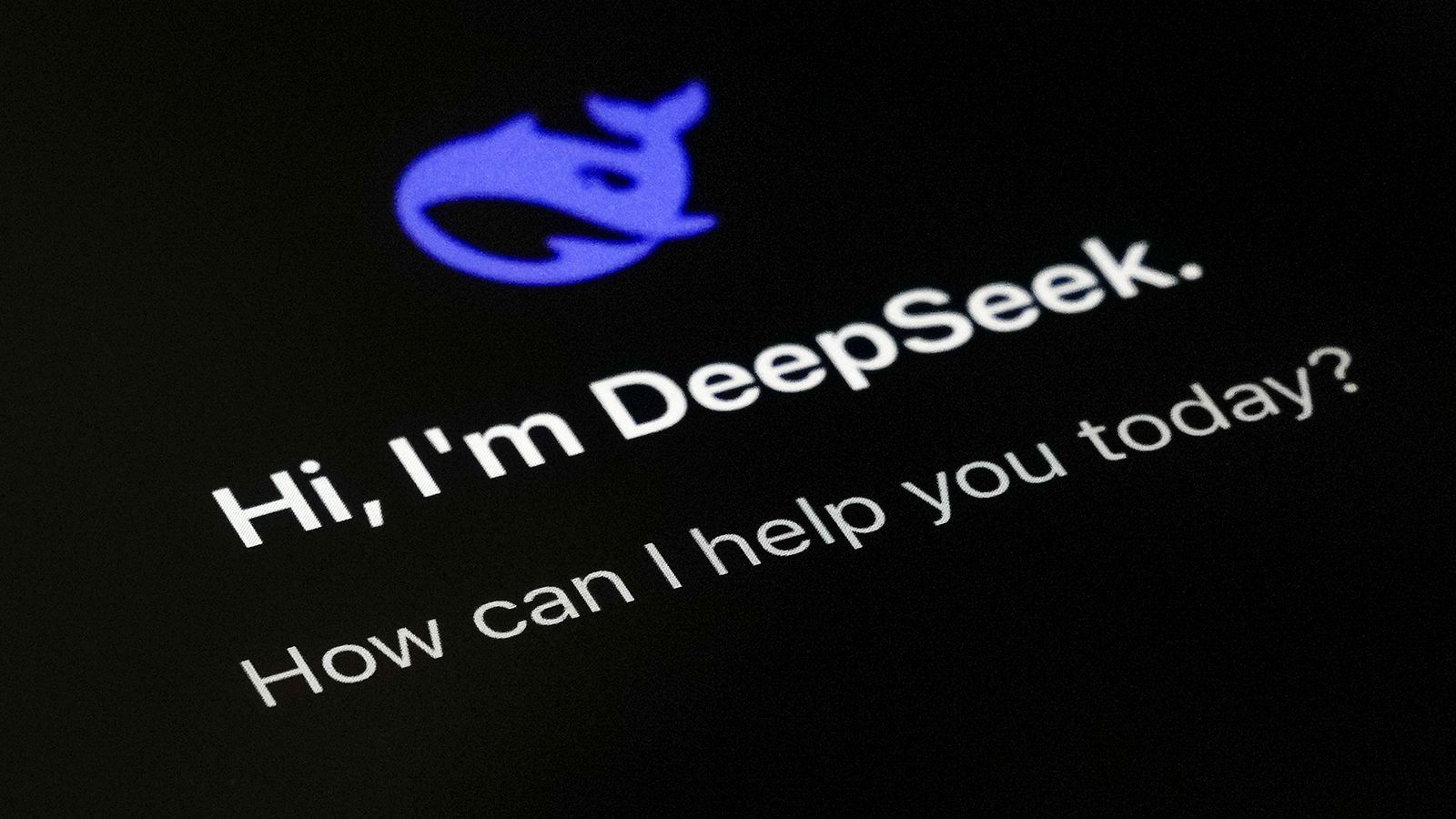
This argument raises vital concerns about the role of AI in academic integrity and student development.
According to a UNESCO report, while ChatGPT reached 100 million regular monthly active users in January 2023, only one nation had launched policies on generative AI since July 2023.
Since December 2024, ChatGPT had more than 300 million individuals using the AI chatbot weekly and 1 billion messages sent out every day worldwide.
Decline of academic rigor
University lecturers are significantly worried about trainees sending AI-generated assignments without truly understanding the material.
Dr. Felix Echekoba, a speaker at Nnamdi Azikiwe University, expressed his issues to Nairametrics about students significantly depending on ChatGPT, just to have problem with responding to basic concerns when evaluated.
"Many trainees copy from ChatGPT and send refined projects, however when asked fundamental questions, they go blank. It's disappointing because education has to do with learning, not simply passing courses," he stated.
- Prof. Nwaogwugwu explained that the increasing number of top-notch graduates can not be totally attributed to AI however confessed that even high-performing trainees use these tools.
"A top-notch trainee is a superior trainee, AI or not, however that doesn't suggest they do not cheat. The advantages of AI may be peripheral, however it is making trainees dependent and less analytical," he said.
- Another speaker, vmeste-so-vsemi.ru Dr. Ereke, from Ebonyi State University, raised a different concern that some speakers themselves are guilty of the exact same practice.
"It's not just students utilizing AI lazily. Some speakers, out of their own laziness, produce lesson notes, course details, marking plans, and even exam concerns with AI without reviewing them. Students in turn use AI to produce answers. It's a cycle of laziness and it is killing real learning," he lamented.
Students' perspectives on usage
Students, on the other hand, say AI has actually improved their knowing experience by making scholastic products more understandable and available.
- Eniola Arowosafe, a 300-level Business Administration student at Unilag, shared how AI has significantly assisted her learning by breaking down complex terms and offering summaries of prolonged texts.
"AI assisted me understand things more easily, specifically when dealing with complex subjects," she explained.
However, she remembered a circumstances when she used AI to submit her job, only for her speaker to immediately recognize that it was created by ChatGPT and reject it. Eniola kept in mind that it was a good-bad effect.
- Bryan Okwuba, users.atw.hu who recently graduated with a first-rate degree in Pharmacy Technology from the University of Lagos, firmly thinks that his academic success wasn't due to any AI tool. He associates his impressive grades to actively interesting by asking questions and concentrating on locations that speakers emphasize in class, as they are often shown in exam concerns.
"It's all about existing, taking note, and tapping into the wealth of understanding shared by my colleagues," he stated,
- Tunde Awoshita, a final-year marketing student at UNIZIK, confesses to sometimes copying directly from ChatGPT when facing numerous due dates.
"To be sincere, there are times I copy straight from ChatGPT when I have multiple deadlines, and I understand I'm guilty of that, a lot of times the speakers don't get to check out them, however AI has actually likewise assisted me learn faster."
Balancing AI's role in education
Experts believe the service depends on AI literacy; mentor trainees and lecturers how to use AI as a learning aid instead of a shortcut.
- Minister of Education, Dr. Tunji Alausa, highlighted the integration of AI into Nigeria's education system, stressing the importance of a well balanced approach that maintains human participation while utilizing AI to improve discovering outcomes.
"As we browse the quickly developing landscape of Expert system (AI), it is vital that we prioritise human firm in education. We need to guarantee that AI boosts, instead of replaces, teachers' essential function in forming young minds," he said
Dorcas Akintade, a cybersecurity change expert, addressed growing issues concerning making use of expert system (AI) tools such as ChatGPT and their potential risks to the academic system.
- She acknowledged the benefits of AI, however, stressed the requirement for caution in its use.
- Akintade highlighted the increasing resistance amongst teachers and schools toward including AI tools in learning environments. She recognized two primary reasons AI tools are discouraged in academic settings: security risks and plagiarism. She discussed that AI tools like ChatGPT are trained to respond based upon user interactions, which may not line up with the expectations of educators.
"It is not looking at it as a tutor," Akintade stated, describing that AI doesn't cater to specific mentor techniques.
Plagiarism is another concern, as AI pulls from existing information, frequently without correct attribution
"A lot of individuals need to understand, like I stated, this is information that has been trained on. It is not just bringing things out from the sky. It's bringing info that some other individuals are fed into it, which in essence implies that is another person's documentation," she warned.
- Additionally, Akintade highlighted an early issue in AI advancement referred to as "hallucination," where AI tools would create information that was not factual.
"Hallucination implied that it was drawing out information from the air. If ChatGPT could not get that information from you, it was going to make one up," she described.
She advised "grounding" AI by providing it with particular details to avoid such errors.
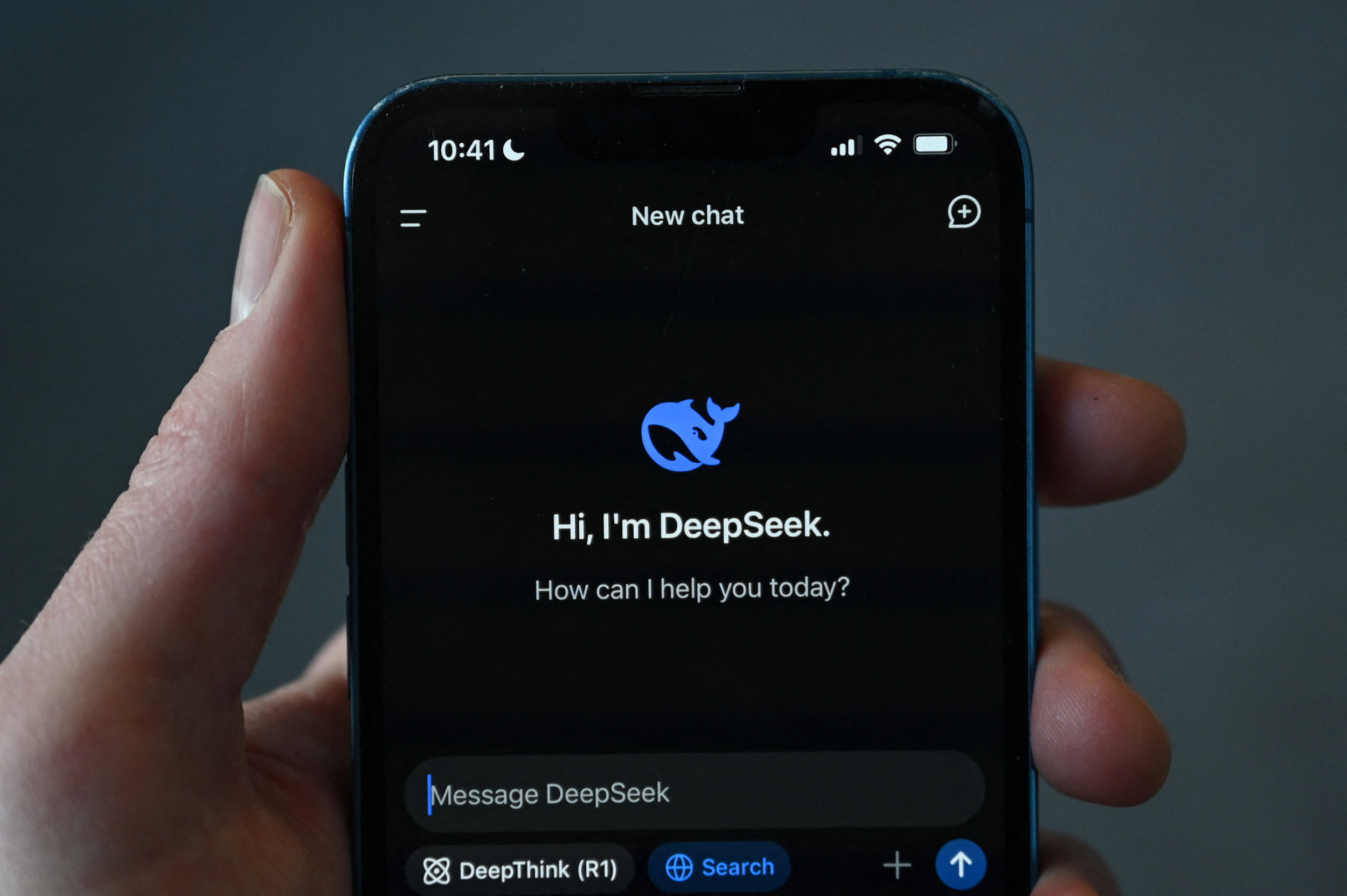
Navigating AI in Education
Akintade argued that banning AI tools outright is not the solution, particularly when AI presents an opportunity to leapfrog standard instructional approaches.
- She believes that regularly strengthening essential information helps individuals keep in mind and prevent making errors when confronted with challenges.
"Immersion brings conversion. When you inform individuals the exact same thing over and over again, when they will make the errors, then they'll remember."
She likewise empasized the need for clear policies and procedures within schools, keeping in mind that many schools need to address individuals and process aspects of this use.
- Prof. Nwaogwugwu has turned to in-class projects and tests to counter AI-driven scholastic dishonesty.
"Now, I primarily utilize tasks to guarantee students supply original work." However, he acknowledged that handling big classes makes this method tough.
"If you set intricate concerns, students will not have the ability to utilize AI to get direct responses," he described.

He highlighted the requirement for universities to train lecturers on crafting exam questions that AI can not easily fix while acknowledging that some speakers struggle to counter AI misuse due to a lack of technological awareness. "Some speakers are analogue," he stated.
- Nigeria launched a draft National AI Strategy in August 2024, concentrating on ethical AI development with fairness, transparency, responsibility, and privacy at its core.
- UNESCO in a report calls for the regulation of AI in education, encouraging institutions to examine algorithms, information, and outputs of generative AI tools to guarantee they fulfill ethical requirements, protect user data, and filter inappropriate material.
- It worries the need to assess the long-term impact of AI on vital skills like believing and creativity while developing policies that line up with ethical structures. Additionally, UNESCO advises implementing age limitations for GenAI use to protect more youthful trainees and secure vulnerable groups.
- For federal governments, it encouraged embracing a coordinated nationwide technique to regulating GenAI, photorum.eclat-mauve.fr consisting of developing oversight bodies and aligning policies with existing information defense and personal privacy laws. It highlights assessing AI threats, imposing stricter rules for high-risk applications, and making sure nationwide information ownership.









